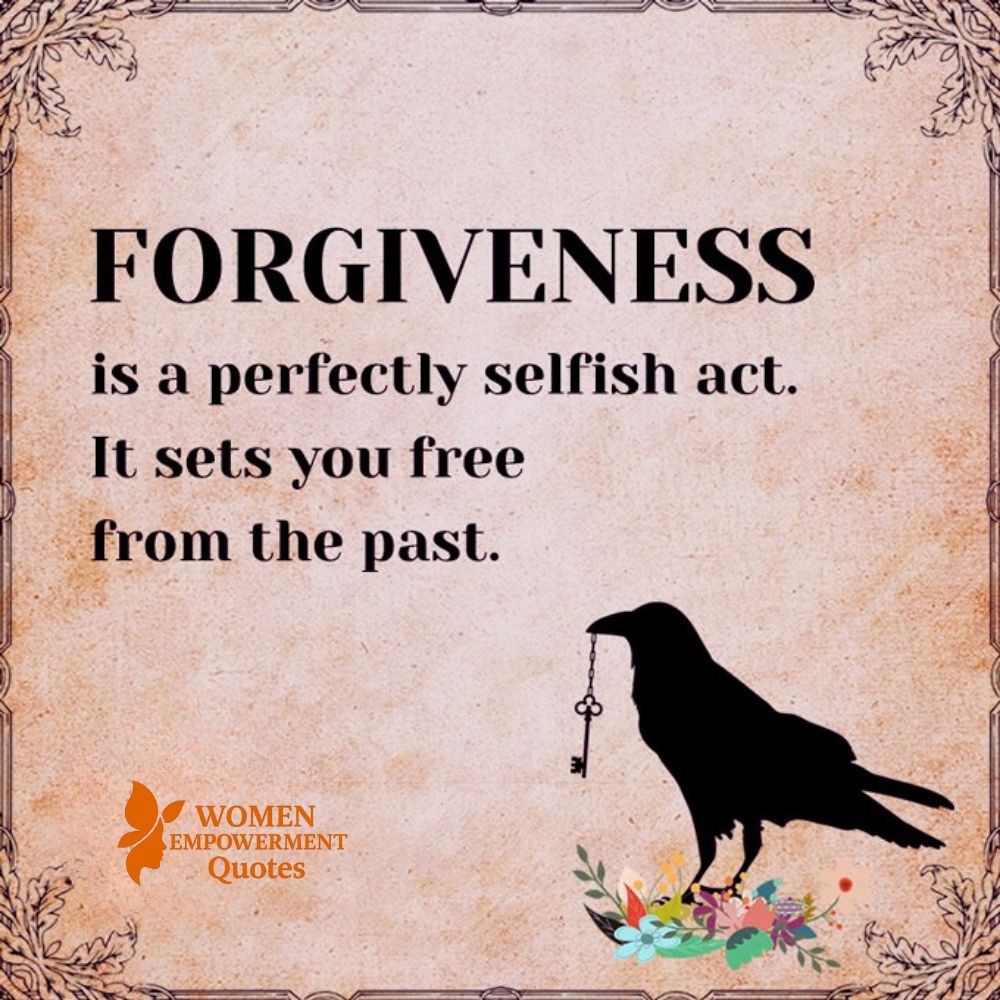
The Healing Power of Forgiveness
Forgiveness is often mistaken for weakness, as if letting go of pain somehow excuses the harm done to us. But in truth, forgiveness is one of the most courageous and powerful acts we can offer—not to others, but to ourselves. It’s a gift we give our own hearts, releasing us from the burden of bitterness and resentment we’ve carried for far too long.
Holding on to anger may feel justified, but it silently grants power to the person who hurt us. It keeps us tethered to a moment we’d rather forget, replaying the pain over and over in our minds. In refusing to forgive, we stay trapped in the past—unable to fully live in the present.
But when we choose to forgive, we take back control. We reclaim our peace. Forgiveness is not about pretending the pain didn’t happen or that the offense was acceptable. It’s about acknowledging the hurt, learning from it, and choosing to release it so we can breathe again—lighter, freer, whole.
This act of release doesn’t make us weaker; it makes us wiser. It allows us to live from a place of strength and clarity, not emotional captivity. Forgiveness doesn’t erase the past, but it stops the past from shaping who we are today.
True forgiveness is a profound act of self-love. It’s not for the benefit of the person who hurt us—it’s for our healing, our freedom, our future.
The Quiet Courage of Forgiving Yourself
Often overlooked in conversations about forgiveness is the hardest person to forgive: ourselves.
We carry invisible burdens—regret, guilt, shame—over words we said, things we did, or chances we missed. We replay our failures, punishing ourselves again and again, as if we must earn back our worth. But growth doesn’t come from punishment. It comes from compassion.
Self-forgiveness begins with understanding that we are human—flawed, yes, but also full of potential. Every mistake is a moment to learn. Every misstep can be part of a greater journey if we choose to grow from it.
To forgive yourself is not to dismiss your past but to own it, learn from it, and choose not to be defined by it. It’s a decision to stop letting your past mistakes dictate your present value.
And when we practice self-forgiveness, we also become gentler with others. We’re more patient, more empathetic, more capable of love—because we’ve extended it inward first.
Choosing to forgive yourself is one of the most radical and loving things you can do. It unlocks joy, builds resilience, and opens the door to a life no longer chained to what was—but open to what can be.
Letting Go to Rise Higher
Forgiveness—towards others or yourself—is not always easy. But it is always worth it. It takes time. It takes grace. It takes courage. But the reward is a heart set free.
In the end, forgiveness isn’t weakness. It’s wisdom. It’s strength. It’s the brave choice to no longer let your life be shaped by pain.
And yes—perhaps the most powerful truth of all: Forgiveness is selfish. Beautifully, perfectly selfish. Because it’s about you—your peace, your healing, your freedom.
Quotes to Reflect On
“Forgiveness is the fragrance that the violet sheds on the heel that has crushed it.” – Mark Twain
“To be wronged is nothing unless you continue to remember it.” – Confucius
“Forgiveness is the sweetest revenge.” – Isaac Friedmann
“Forgiveness is the oil of mercy for the fairway of life.” – Anonymous
Write Your Prayer